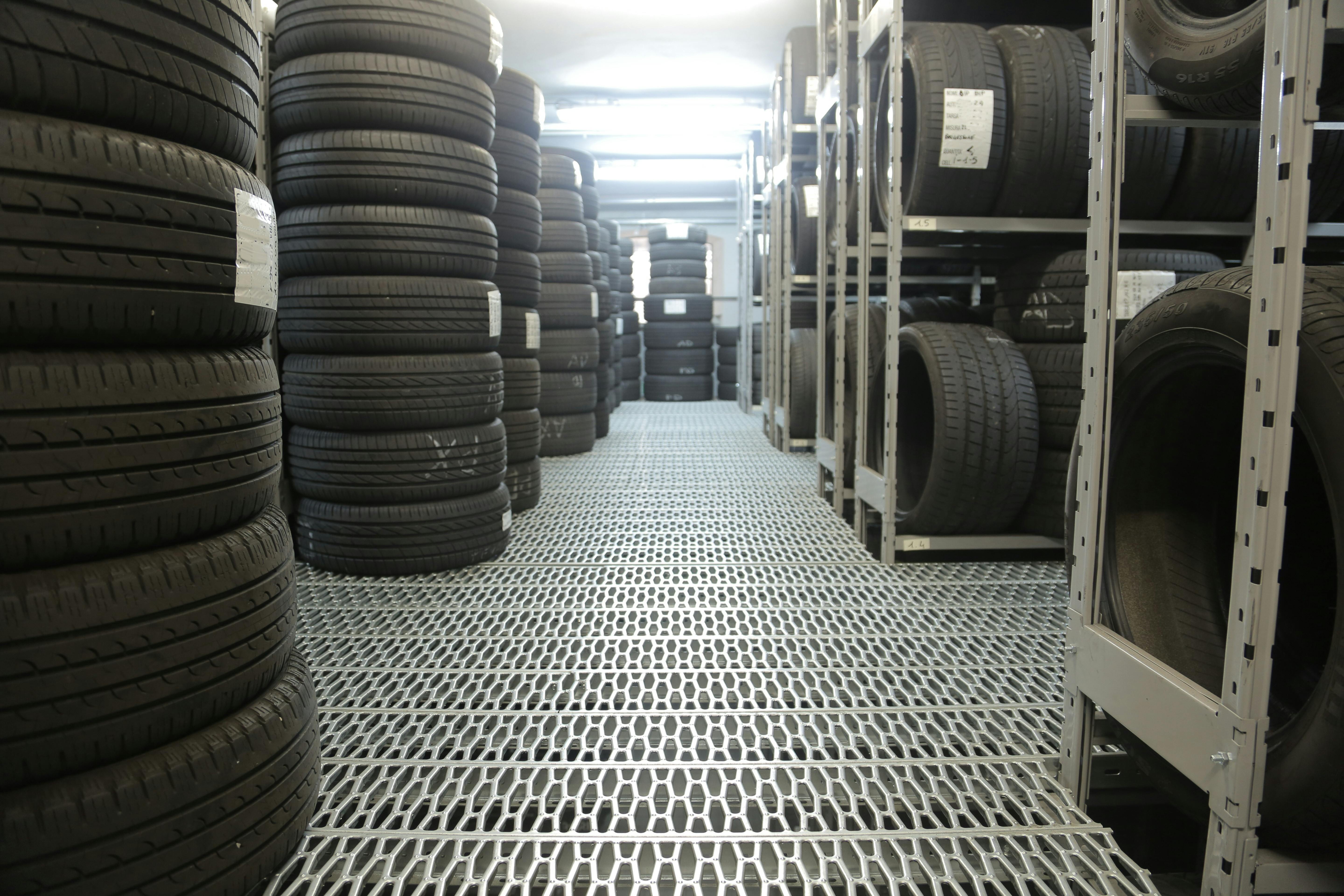Garage Flooring Solutions with No Installation Required: A Comprehensive Guide
Transform your garage space without the hassle of professional installation or complex tools. No-installation garage flooring solutions offer homeowners practical alternatives that combine durability, aesthetics, and convenience. These innovative flooring options provide immediate results while saving time and money on traditional installation processes.

What Are the Best No-Installation Garage Flooring Options?
No-installation garage flooring encompasses several versatile solutions designed for quick application without professional help. Interlocking floor tiles represent the most popular choice, featuring puzzle-piece edges that snap together seamlessly over existing concrete surfaces. These tiles come in various materials including polypropylene, PVC, and recycled rubber, offering different benefits for specific garage environments.
Roll-out floor mats provide another excellent option, delivering wall-to-wall coverage with minimal effort. These heavy-duty mats typically feature textured surfaces for enhanced grip and come in standard garage dimensions. Peel-and-stick tiles offer a middle ground between permanent installation and temporary solutions, adhering directly to clean concrete surfaces without requiring adhesives or special tools.
How Do Interlocking Floor Tiles Work for Garages?
Interlocking floor tiles revolutionize garage flooring through their simple snap-together design. Each tile features male and female edges that connect securely, creating a floating floor system that distributes weight evenly across the surface. Installation requires no tools beyond a utility knife for cutting edge pieces, making it accessible for any skill level.
These easy-to-install flooring systems accommodate uneven surfaces better than traditional options, with slight flexibility that adapts to minor concrete imperfections. The modular design allows for easy replacement of damaged sections without affecting the entire floor. Most interlocking systems can be installed over existing surfaces, including painted concrete, provided the substrate is clean and relatively level.
Which Materials Offer the Best Durability?
Material selection significantly impacts the longevity and performance of no-installation garage flooring. Polypropylene tiles excel in chemical resistance, making them ideal for workshops where automotive fluids and chemicals are present. These tiles maintain their color and structural integrity even when exposed to harsh substances over extended periods.
Recycled rubber options provide superior impact absorption and comfort underfoot, particularly beneficial in garages used as workshops or exercise spaces. PVC tiles offer excellent moisture resistance and easy cleaning, though they may show wear patterns in high-traffic areas more quickly than other materials. Vinyl-based solutions combine durability with aesthetic appeal, often mimicking more expensive flooring materials while maintaining easy maintenance requirements.
Are Roll-Out Mats Suitable for All Garage Sizes?
Roll-out mats accommodate various garage configurations through their flexible sizing options and cutting capabilities. Standard single-car garage mats typically measure 10×20 feet, while double-car options extend to 20×20 feet or larger. Custom cutting allows homeowners to fit mats around obstacles like support posts, drains, or built-in storage systems.
The continuous surface of roll-out mats eliminates seams that might collect debris, creating easier maintenance compared to tile systems. However, larger mats require careful handling during installation and may need multiple people for proper positioning. Weight considerations become important for upper-level garages or spaces with weight restrictions, though most residential applications easily support these flooring solutions.
What Unique Benefits Do These Solutions Offer Homeowners Worldwide?
Global adoption of no-installation garage flooring reflects several universal benefits that transcend regional differences. Climate adaptability stands out as a crucial advantage, with materials engineered to withstand temperature fluctuations from arctic conditions to tropical heat. Many systems feature thermal expansion properties that prevent buckling or separation during seasonal changes.
The DIY-friendly nature of these solutions addresses labor cost concerns prevalent worldwide, allowing homeowners to achieve professional-looking results regardless of local contractor availability or pricing. Portability represents another significant benefit for renters or frequent relocators, as most systems can be removed and reinstalled in new locations without damage to existing floors or the flooring material itself.
How Do Popular Products and Pricing Compare?
| Product Type | Provider | Key Features | Cost Estimation |
|---|---|---|---|
| Interlocking Tiles | RaceDeck | Diamond plate pattern, 12”×12” tiles | $3-5 per sq ft |
| Roll-Out Mats | G-Floor | Ribbed surface, 55 mil thickness | $2-4 per sq ft |
| Peel-and-Stick | StayLock | Self-adhesive backing, stone patterns | $2-3 per sq ft |
| Rubber Tiles | Rubber-Cal | Recycled content, slip-resistant | $1-3 per sq ft |
Prices, rates, or cost estimates mentioned in this article are based on the latest available information but may change over time. Independent research is advised before making financial decisions.
Market leaders like RaceDeck offer premium interlocking systems with extensive color options and accessories, while budget-friendly alternatives from companies like Rubber-Cal provide excellent value for basic applications. G-Floor’s roll-out solutions dominate the mat category through their proven durability in commercial applications, though several competitors offer similar performance at varying price points.
What Maintenance Requirements Should You Expect?
No-installation garage flooring requires minimal maintenance compared to traditional alternatives, though specific care routines optimize longevity and appearance. Regular sweeping or vacuuming removes debris that might cause surface scratches, while periodic mopping with mild detergents addresses stains and buildup. Most materials resist common garage chemicals, but prompt cleanup prevents potential discoloration or surface damage.
Seasonal maintenance involves checking tile connections for separation and repositioning mats that might shift due to temperature changes or vehicle movement. The modular nature of most systems allows for targeted cleaning of heavily soiled sections without disturbing the entire floor. Long-term care typically involves replacing individual tiles or sections rather than complete floor renewal, significantly reducing ongoing costs compared to permanent installations.
No-installation garage flooring solutions provide practical alternatives for homeowners seeking immediate improvements without complex installation requirements. These versatile options combine durability, affordability, and convenience while accommodating various garage configurations and usage patterns. The growing selection of materials and designs ensures suitable solutions for diverse needs and preferences, making garage floor transformation accessible to virtually any homeowner worldwide.




